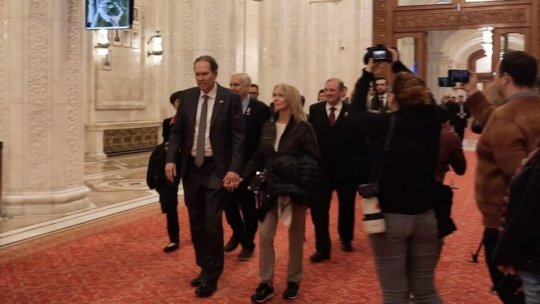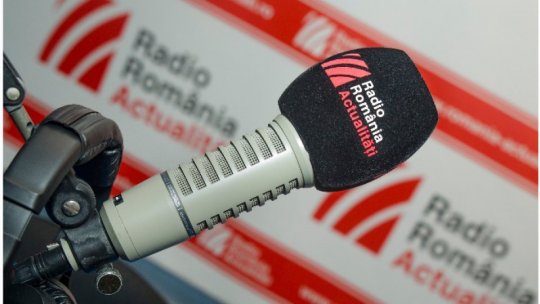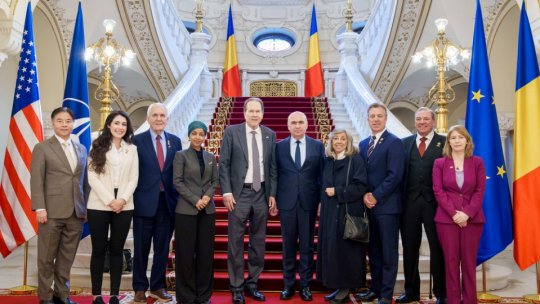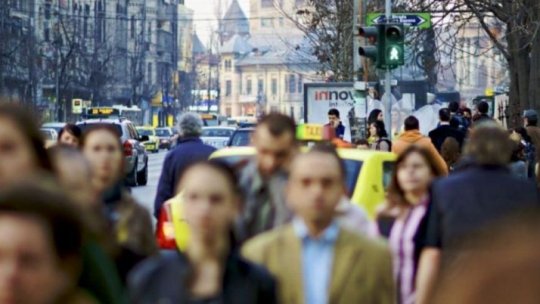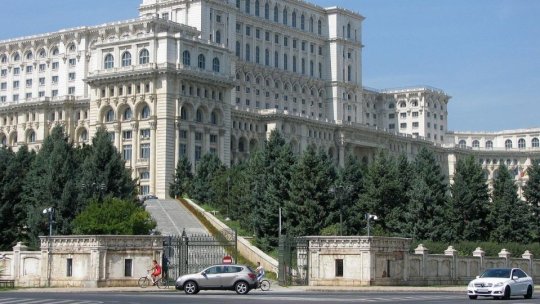Financial Press Review, 30 March
Articles from the Ziarul Financiar, the Curierul Naţional and the Bursa.
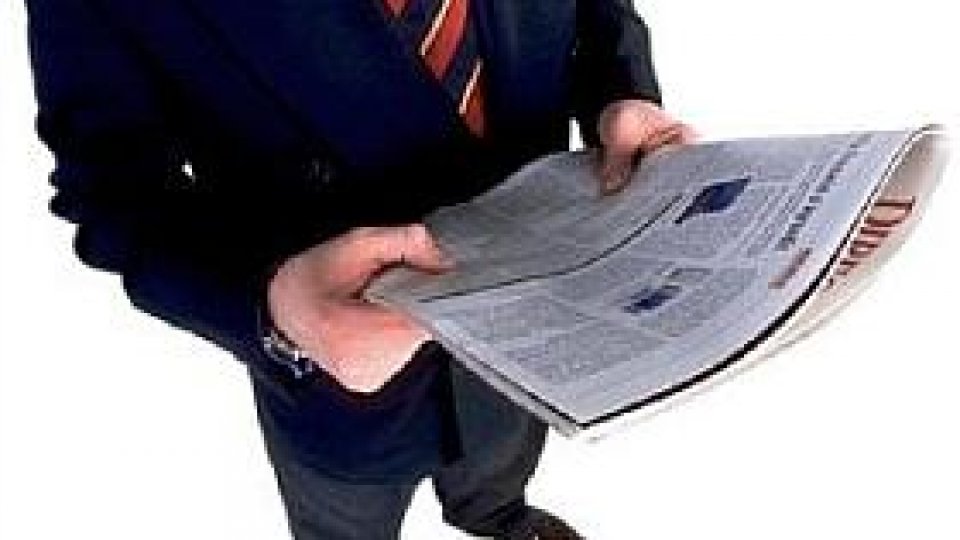
Articol de Dinu Dragomirescu, 30 Martie 2011, 18:49
The outlook on the improvement of Romania’s rating, the barriers to the use of European funds and the illegal traffic of toxic waste to Romania accompanied by the Neapolitan mafia were the memorable topics of the press review economic.
The Curierul Naţional opened with the questioning title ‘When we get a pass from the rating agencies?’
‘Romania’s rating could be raised on the next year if the tax reform continues, the Erste analysts estimated, also quoted in the Bursa.
In the Curierul Naţional the financial analyst Dragos Cabat,however, drew the attention on ‘the approaching election year, that might change the whole outlook’.
The Ziarul Financiar reported the decisions of the conference ‘Caravan of European funds in 2011’, which was held yesterday in Cluj-Napoca.
‘The companies and the institutions which have joined the race for the 20 billion euros from the European Union said it was easier to get a project than to convince a bank to start and support one.’
‘The banks should have more specialists in the field to meet the stakeholders, and the funding for European projects would be obtained more quickly’, the newspaper quoted the mayor of Cluj, Sorin Apostu.
The Ziarul Financiar opened with an article entitled ‘Foreign investors hunt copper stocks. Metal price exploded in last two years. ‘
‘The price of copper will record the highest growth of the base metals market in 2011 due to the high consumption in China’, the Bursa showed.
The ferrous minerals exploitation in our country ceased as the market prices become very low and did not cover the costs, the Ziarul Financiar recalled.
‘The National Agency for Mineral Resources does not disclose the exact reserves of each ore available to Romania. To the NAMR the information regarding the ore reserves is deemed as secret. It is an anomalous inheritance. Such information is public all over the world and if we want to capitalize them, they must be known by the investors’, the newspaper quoted Marcel Mărunţiu, the director of the Geological Institute of Romania.
The Curierul Naţional published an article about ‘the illegal waste trafficking accompanied by the Neapolitan mafia, which would make Romania the largest landfill in Europe’ (...) ‘taking advantage of the Romanian authorities’ carelessness or their superficiality in dealing with such issues’.
According to the Western media, the containers of waste ‘arrived by sea (...) and entered easily the corrupted border until it reached the seaport of Constanţa.
The Italians that bought the chemical fertilizers mill in Năvodari planned to turn the area into a 97 meters high mountain of toxic waste containing cyanide, mercury and other products.
‘Strangely the project has already the approval of the National Environment Authority, provided that this deposit was located to 1 km from the city of Năvodari and 3 km from the Mamaia resort, near the beach. The Năvodari Hall refused to issue a building permit.
’A sophisticated network of phantom companies that are secretly run by the mafia members carried out the waste dump sites in locations like Glina, Băicoi, Ploieşti, Târgu Mureş, Constanţa and Tulcea – a real octopus garbage’, Emil Adrian Măghinici, the coordinator of Foreign Relations Department of Green Party of Romania, said in the Curierul Naţional.
‘The garbage trafficking is very similar to the drug trafficking, but the garbage traffickers have a greater advantage, as they get huge profits from the European funds with an initial almost tie investment.’
Translated by: Iulia Florescu
MA student, MTTLC, Bucharest University



